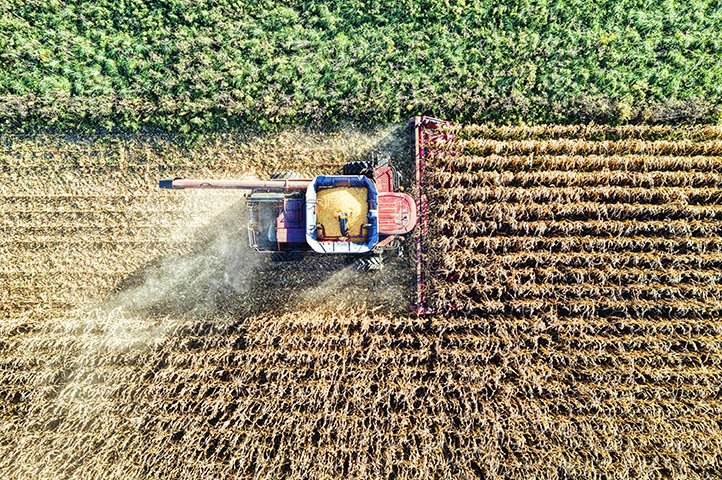The New York Times recently asked a group of leading climate experts a big question—what’s the single best thing we can do for the planet—and their answers remind us that real change starts with rethinking how we live, and becoming part of a movement for change.
Bill C-293 is a rational response to a serious threat. It aims to reduce the likelihood of pandemics arising within our borders and to bolster our responses to any pandemics that may nevertheless arise here or arrive on our shores.
It may surprise you, but the prices we pay at checkout for our foods are often quite different from the […]
Our national broadcaster is doing serious public harm by misinforming us about the importance of and the science behind moving to plant-based diets
If you’ve been meaning to make that move and incorporate more plant foods into your daily routine, we have some pointers to get you there faster.
2023 in review: Plant-based movement offers hope in the face of bleak environmental outlook
Even as 2023 saw record-breaking global temperatures, global efforts to tackle the climate crisis have largely failed to acknowledge the need to transition our food system to more sustainable, compassionate and healthy plant based diets. However, there has been some positive progress. This blog recaps some of the year’s significant events, with links to many of our blog posts from 2023.
This Thanksgiving Day, perhaps we should consider just what it is that we are thankful for and how we can make sure that those generations who follow us will be thankful, too. Because, the fact is, if we keep on living the way we are, it won’t be long before there will be very little to be thankful about. Perhaps we can begin by listening to the experts.
This is a guest blog post by Julien Hivon, who is a representative of the vegan investment group GIVE. Earthsave Canada does not provide financial or investment advice. For advice on your specific situation, please contact your financial advisor or planner.
Recent report confirms Canadians should adopt a plant-based diet to achieve a “1.5-Degree Lifestyle”
A 2021 report entitled 1.5-Degree Lifestyles investigated GHG emission and lifestyle patterns in ten countries, including Canada, to identify what life might look like in 2030 to avoid warming over 1.5C by 2050. The results confirm that the shift to plant-based diets can have enormous impacts.
This article also appeared in print in the National Post.
Research shows that our impact on the planetary biosphere is enormously damaging. And it is mostly due to what we put on our plates. The good news is we have the power to change that.
Recent Posts
Engage with us on facebook
"Before the city deployed an innovative new strategy two years ago to shrink its “carbon foodprint,” 99% of its patient meals included meat. Now more
NYC Hospitals Are Nudging Patients Toward Plant-Based Meals. It’s Working.
New York City is cutting emissions and saving money by making vegetarian meals the default in public hospitals. It’s successful because most people go with the flow.
"The authors analysed data from over 2,000 car models and food products. They found that the average man in France has a carbon footprint of
Red Meat & Cars Drive Climate Gender Gap, With Men Causing 26% More Emissions
A large study from France has shown that red meat intake and car use cause men to emit 26% more greenhouse gases than women.














